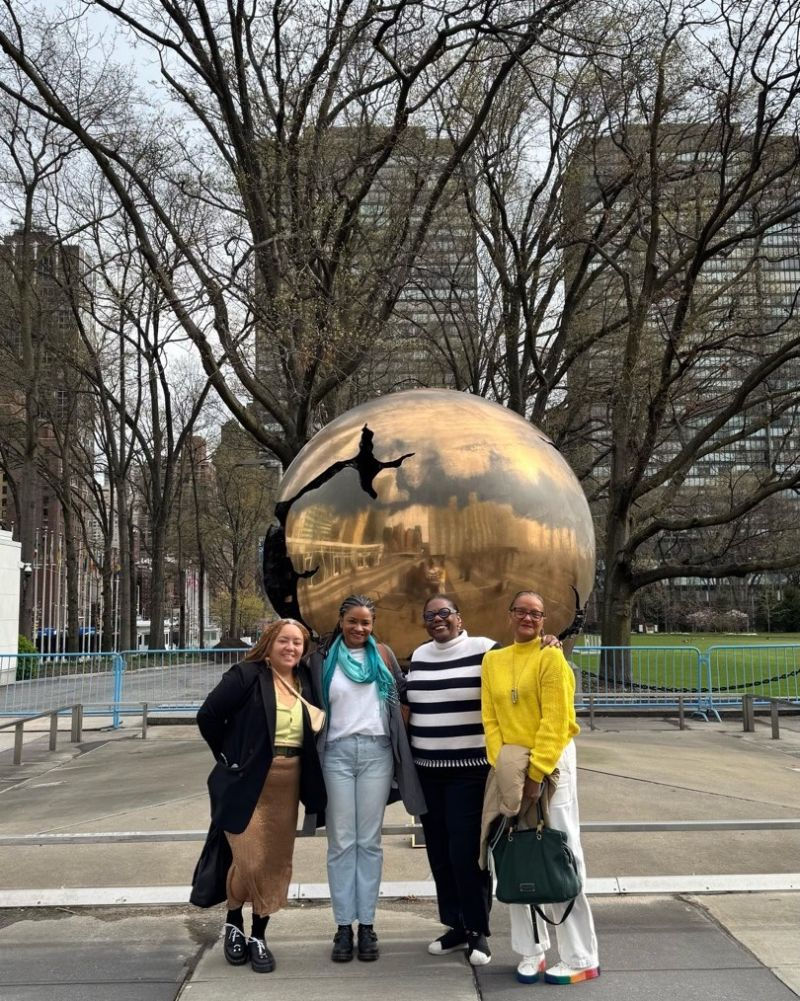United Nations Social Forum in Geneva
- Ana Paula Brandão

- 5 de nov. de 2025
- 2 min de leitura
Talking about education is, above all, unfortunately, talking about inequality.And if education is recognized as a human right, we must remember: rights only exist when there is investment, commitment, and courage to confront the structures that insist on denying the obvious — that Black, Indigenous, and marginalized lives matter.
During the United Nations Social Forum in Geneva, I took part in two debates that deeply moved me last week, on October 30 and 31.
In the first, “Transformation through Education: Financing the Promise,” we discussed education financing and the structural inequalities that persist worldwide.
The underfunding of public education is not a management flaw — it is a project of exclusion. In Brazil, we still invest less than 3% of GDP in education, while the minimum necessary would be 5%. Meanwhile, millions of girls and boys remain in schools without infrastructure, with undervalued teachers, and with learning paths interrupted by racism and poverty.



According to the OECD report, between 2015 and 2021, Brazil’s investment in education — from basic to higher levels — dropped by an average of 2% per year. In contrast, OECD countries increased their investments by 2.1% annually over the same period.
In the afternoon, during the side event “The transformative role of Human Rights Education as a frontline defence for the protection and promotion of human rights and fundamental freedoms,” we discussed human rights education and structural racism.
As Paulo Freire said, education alone does not transform the world — it changes people, and people transform the world.But to truly change people, education must be anti-racist, feminist, and committed to life. It must look inward and recognize that, too often, the educational system itself reproduces the exclusion it claims to fight.
I shared the experiences of Project SETA, which brings together Black, Indigenous, and quilombola movements around a common goal: building a public education system capable of breaking with structural racism and promoting real equity.
This construction demands investment, data, training, and political will.It requires that the fight against racism be at the core of the debate on educational financing.



Comentários